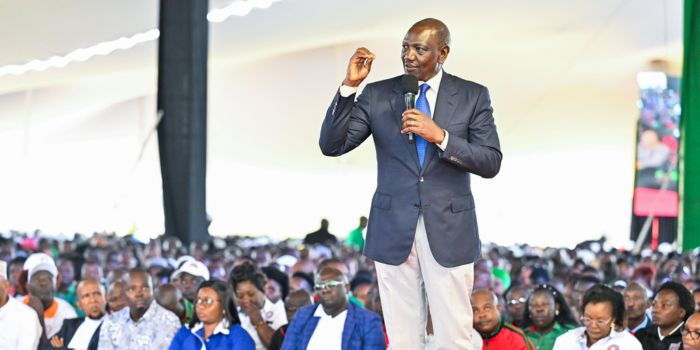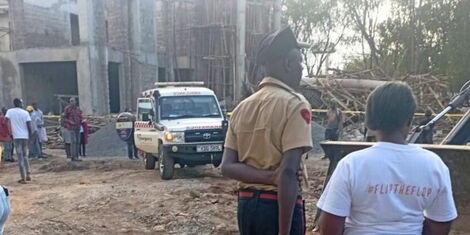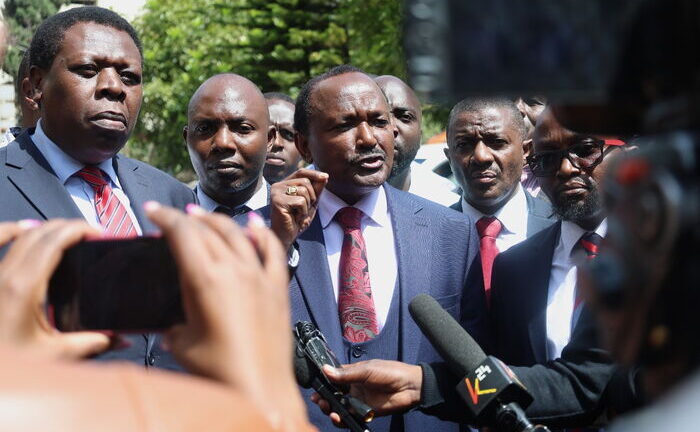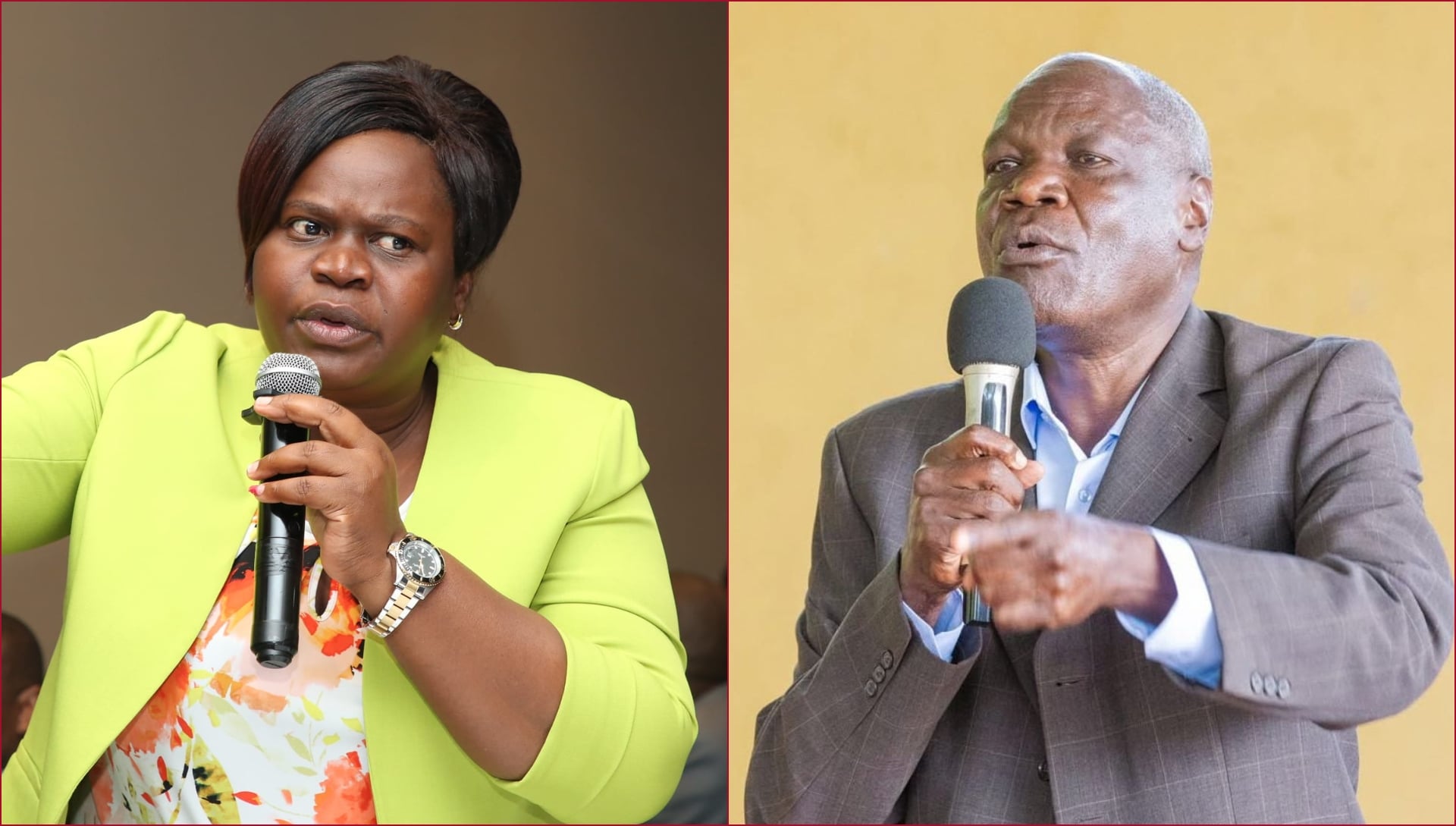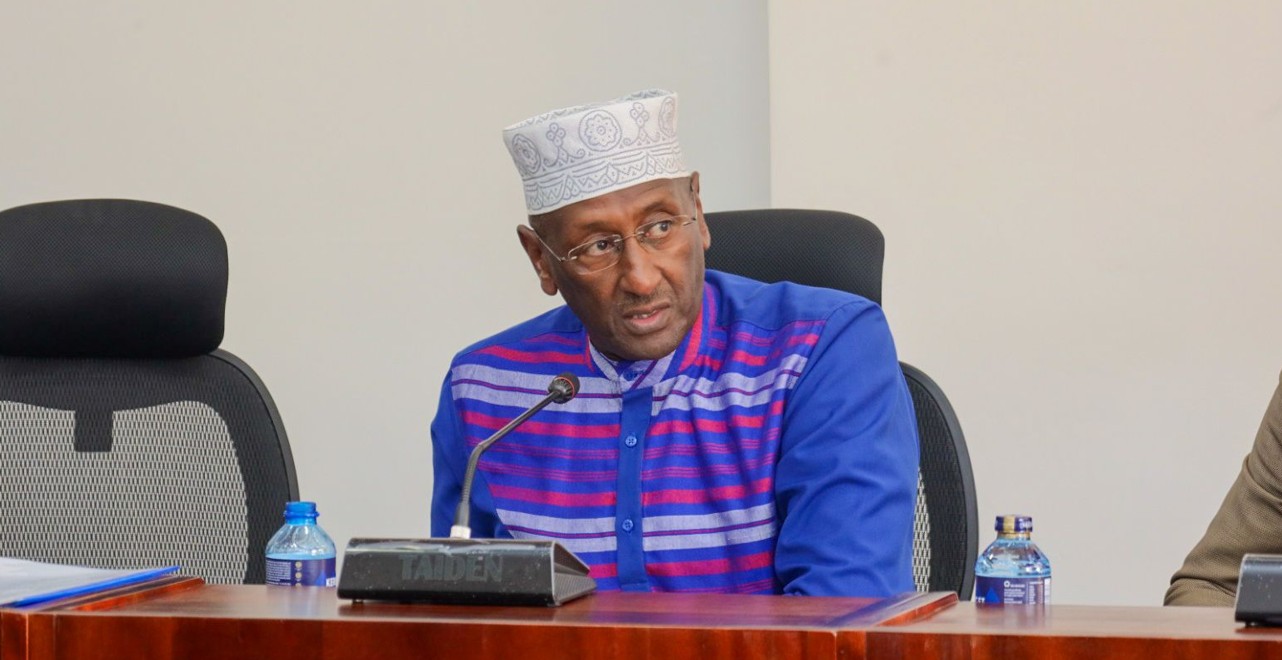
A major political firestorm was launched in Parliament as senators demanded a sweeping audit into how mobile service providers Safaricom and Airtel have handled sensitive data access requests from security agencies since 2020.
The call comes amid deepening concern over alleged breaches of subscriber privacy and possible unlawful surveillance.Today, Marsabit Senator Mohamed Chute triggered the uproar by pressing the Senate ICT Committee for full disclosure on every request received by the two telecom giants.
Key demands include the total number of requests, how many were granted, and whether each was supported by a valid court order. Chute openly questioned whether call data records and location logs were being shared without proper legal backing.
Chute raised urgent questions: Are subscriber lines being tracked without judicial oversight? What formal mechanisms govern the sharing of private call data with agencies like the DCI?
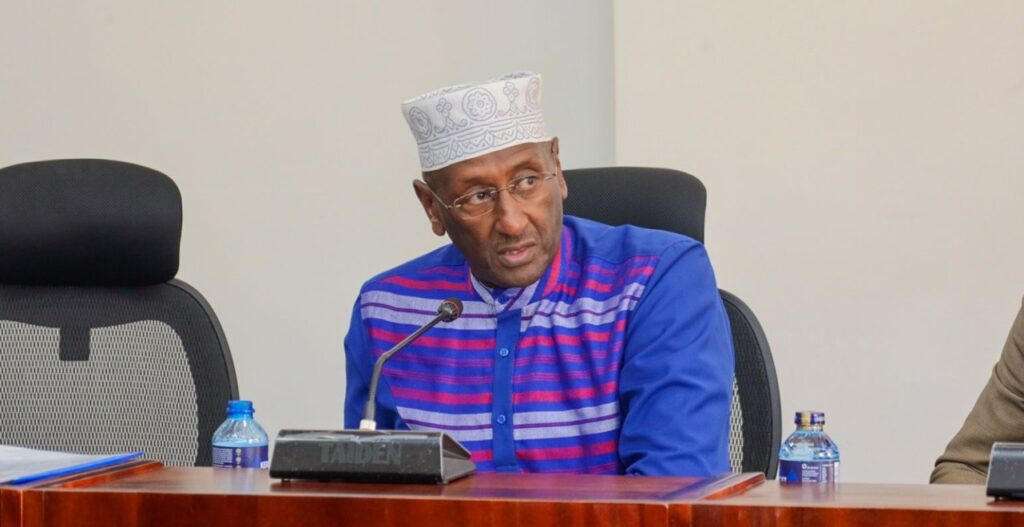
And has the Office of the Data Protection Commissioner (ODPC) ever investigated complaints or initiated its own probes into the practice?A fierce split emerged as senators aligned along conflicting lines. Critics warned the expansion of government tracking could trample constitutional privacy rights.
Supporters countered that security demands and emerging threats may justify limited access—but only within robust legal and procedural frameworks.Safaricom has previously issued a public denial, stating that Call Data Records (CDRs) do not transmit live location data and are generated only after calls end, primarily for billing.
The telco insisted it only hands over customer data upon valid court orders and pointed to its ISO 27701 certification as proof of commitment to privacy compliance. Despite these assurances, activists and civil society organizations have accused telecom providers of quietly enabling state surveillance—documenting cases where critics were allegedly abducted following tracking facilitated through telecom data.
The Senate’s ICT Standing Committee is now expected to summon Safaricom, Airtel, the Communications Authority of Kenya, and ODPC officials for testimony. An official report is expected in coming weeks, potentially triggering legal reforms or enforcement actions.Why it matters:Millions of Kenyans rely on mobile phones daily.
The revelation of unregulated access to their private data could represent a major breach of civil liberties.The audit demands shine a spotlight on whether telecom giants are accountable to Kenyan law—or operating under unchecked obligations to powerful agencies.
Legal experts warn the issue may trigger constitutional litigation, especially if unauthorized data access is confirmed.As the probe opens, Kenya faces a crucial crossroads: uphold digital privacy or risk sliding into a surveillance state.
Public trust in telecom governance is at stake, and—if abuses are confirmed—the fallout could reshape the relationship between Kenyans and their private data.


